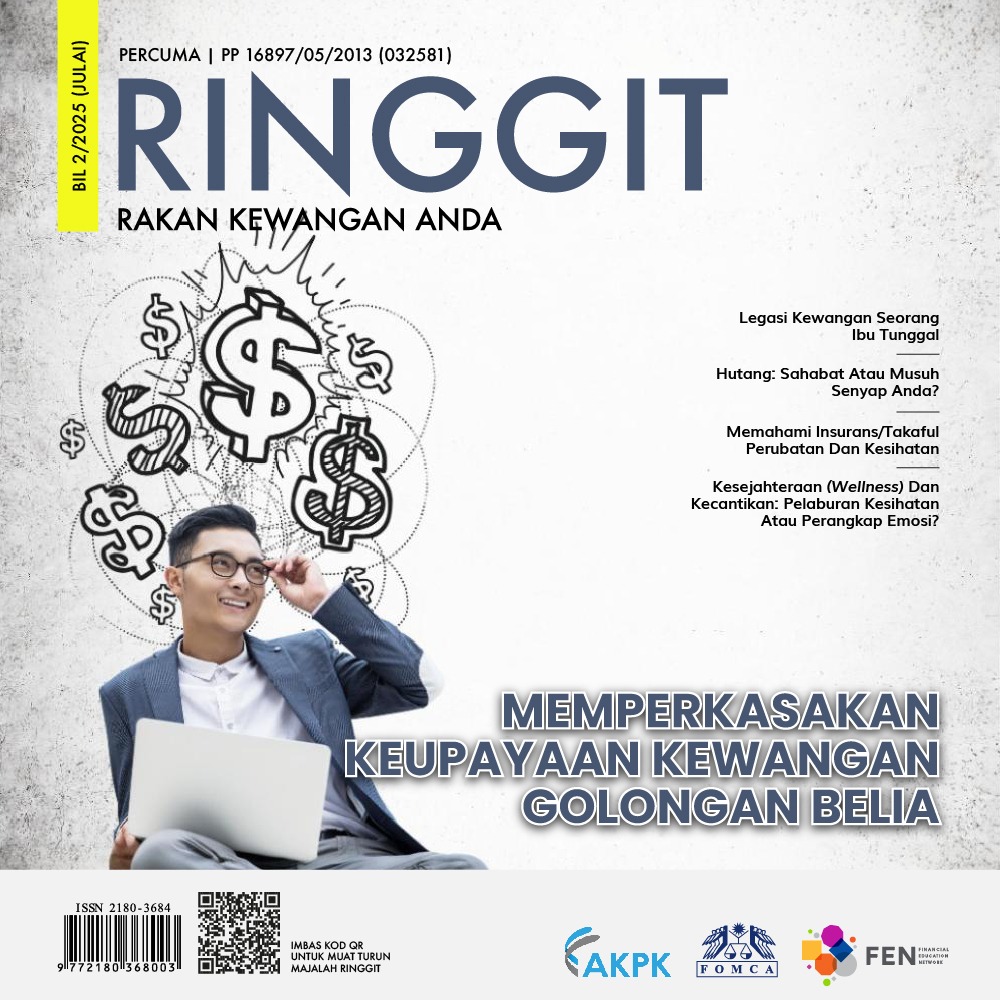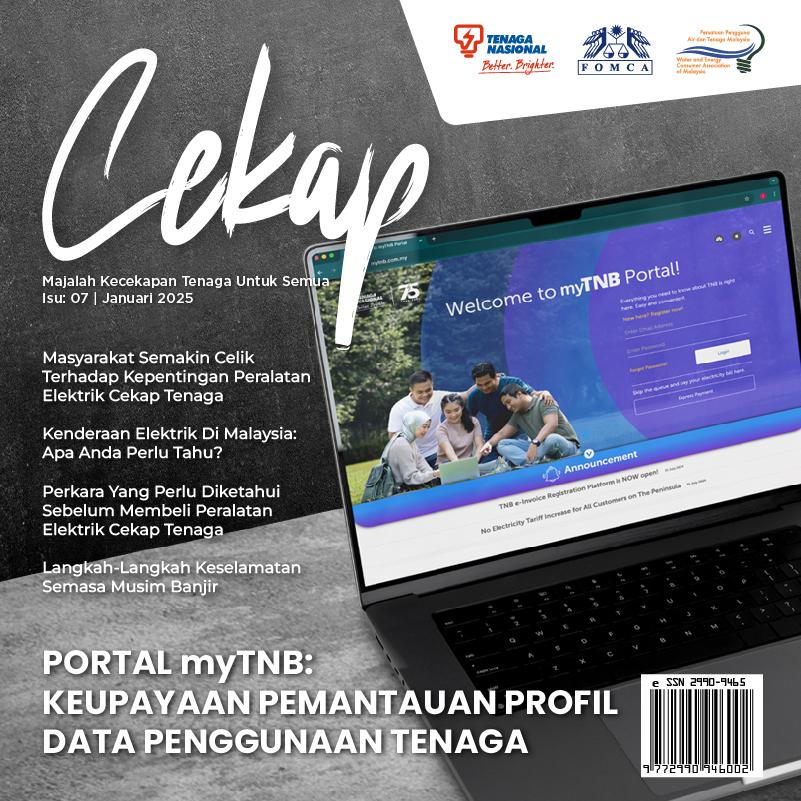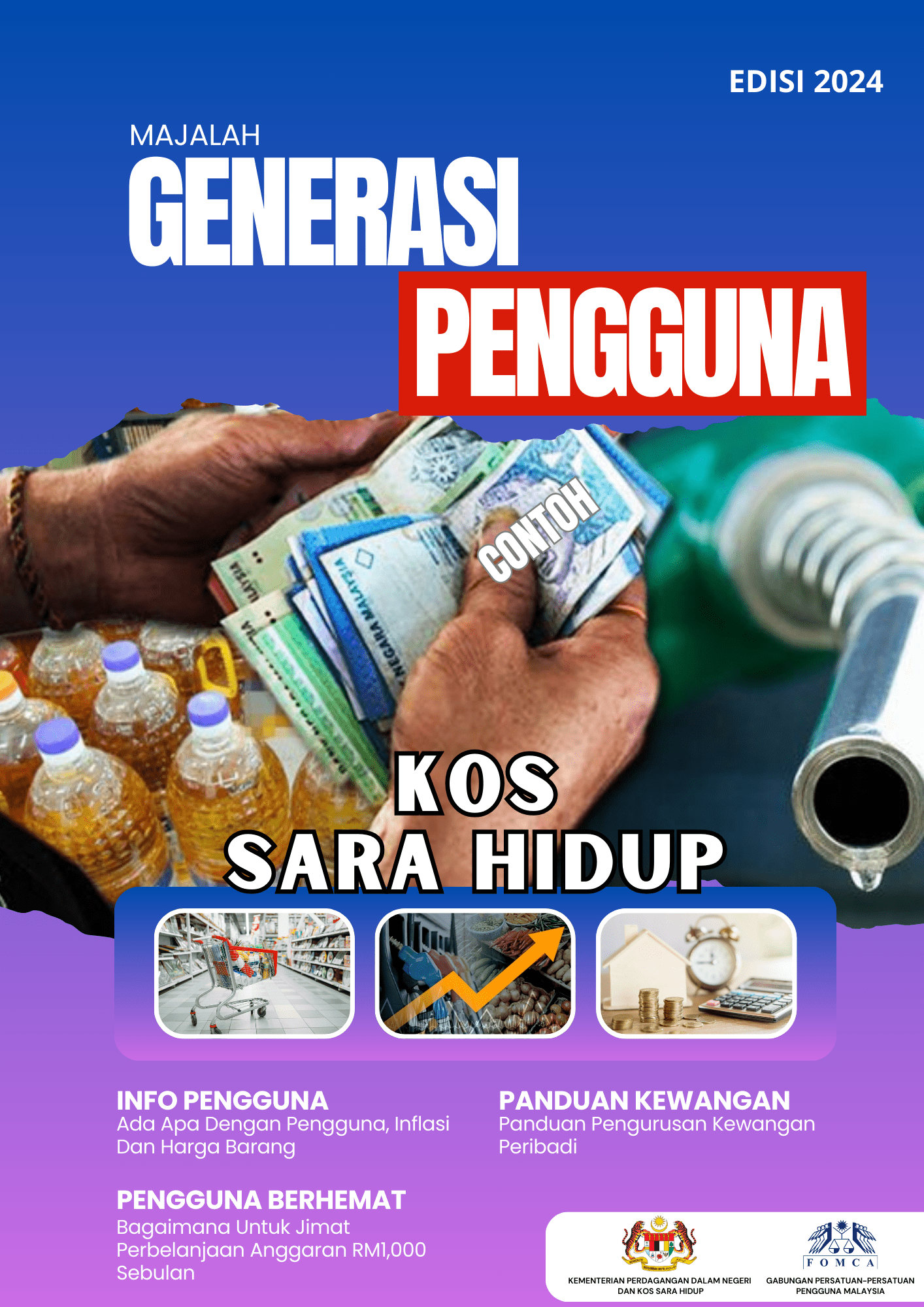PETALING JAYA: Malaysians who mainly use public health services need not worry come April 1 as this have been totally exempted from the Goods and Services Tax.
However, those using private healthcare facilities in the country, including buying their own medicines from retail pharmacies, will now have to rethink their budget.
Come April 1, the many different categories and methods of taxing private healthcare services and products under the upcoming Goods and Services Tax (GST) is likely to confuse most patients seeking private healthcare.
Drugs alone fall under all three categories of GST, depending on the type of medicine and place of purchase.
Around 4,215 medicine brands have been listed by the Customs Department as zero-rated, meaning 0% tax is charged on them.
These drugs will be identified by a “Z” at the back of their registration number, which begins with “MAL”, followed by an eight-digit number.
Any other drugs are exempted from GST when prescribed by a private doctor and bought from a hospital’s own pharmacy or the doctor’s private practice but are subjected to the 6% tax when purchased at a retail pharmacy.
Meanwhile, doctors who consult at private hospitals or clinics will have to charge 6% GST on their fees if they are not employed by the hospital or clinic, and earn more than RM500,000 a year.
Federation of Private Medical Practitioners’ Associations, Malaysia (FPMPAM) president Dr Steven Chow said: “Consultants are required to invoice and itemise the 6% GST in their bills.
“The doctors are then required to submit this invoice to the hospital, which acts as the conduit for collection of their fees and GST.
“However, the hospital – with the provision of healthcare services having been designated as ‘exempted’ – is not allowed by law to have the item ‘GST’ itemised in their final invoice to the patient.”
In a letter to The Star from Association of Specialists in Private Medical Practice president Dr Sng Kim Hock said a circular from the Customs Department suggested that the bill should state “GST inclusive”, rather than “GST tax”.
Dr Chow said while it was up to the hospitals how to solve this itemisation problem, it should be clear to the patients that GST had been collected for the doctors’ fees.
In addition, the GST status of certain medical devices is still being decided upon, with the Customs Department currently working on a list that will be given the “exempt” status.
Any medical device not on that list will be subjected to the GST.
Fomca secretary-general Datuk Paul Selva Raj said similar to the plan to label zero-rated medicines with the letter Z at the end of their registration numbers, other healthcare services and products should have clear labels as to their GST status.
“Patients need to be aware of what is zero-rated and what is standard-rated,” he said, adding however that ideally, all healthcare services and products should be zero-rated.
“Private healthcare is not just for rich people. It is also used by middle-class people and even poor people when they are in a hurry,” he said.
Healthcare, just like public transportation, should be given special consideration and be zero-rated, he added.
Customs GST division senior assistant director II Norazura Hashim has said that it was not wrong for doctors to increase their charges to cover the GST taxes they would have to pay that could not be passed on to the patient directly as GST.
She also said that the public could check a clinic’s GST number, which must be stated on the bill or receipt, on the Custom Department’s website to determine if the clinic is legally allowed to charge GST.
THE STAR ONLINE





